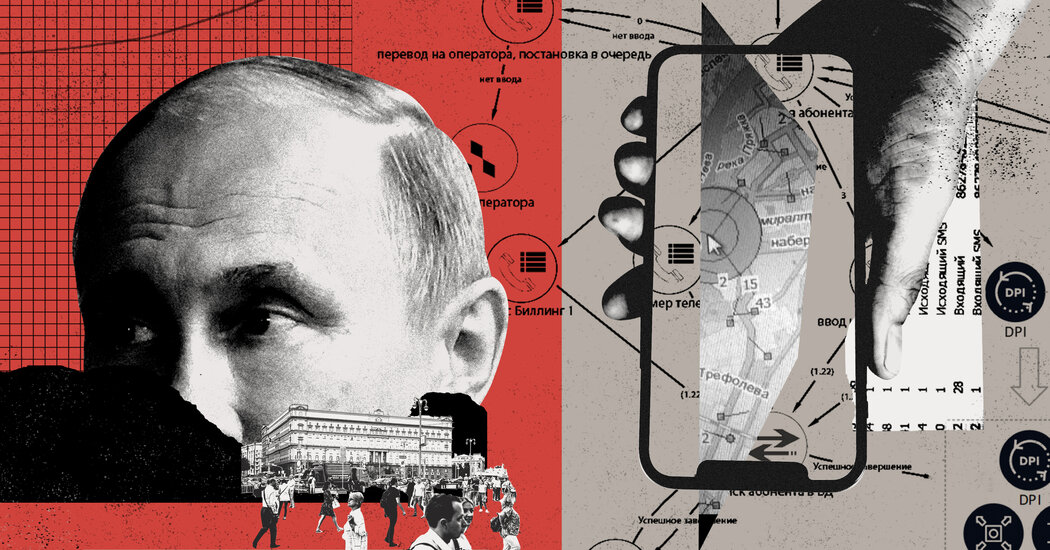In Other News: LastPass Vault Hacking, Russia Targets Ukraine Energy Facility, NXP Breach
SecurityWeek is publishing a weekly cybersecurity roundup that provides a concise compilation of noteworthy stories that might have slipped under the radar.
We provide a valuable summary of stories that may not warrant an entire article, but are nonetheless important for a comprehensive understanding of the cybersecurity landscape.
Each week, we will curate and present a collection of noteworthy developments, ranging from the latest vulnerability discoveries and emerging attack techniques to significant policy changes and industry reports.
Here are this week’s stories:
SentinelOne ends Wiz collaboration following acquisition rumors
SentinelOne has ended its collaboration with cloud security firm Wiz following reports of a potential merger valued at $5-6 billion. SentinelOne shut down the rumors that it’s being acquired by Wiz a few days later, when it announced its decision to unilaterally terminate its six-month-old partnership with Wiz “as a result of their continued lack of execution against their commitments”.
Hackers may be breaking into LastPass vaults compromised in data breach
Some experts believe that threat actors may be breaking into the LastPass vaults compromised in a data breach last year, security blogger Brian Krebs reported. An investigation showed that many security-conscious individuals who had a total of $35 million worth of cryptocurrency stolen from them had used LastPass to store their private key.
Semiconductor company NXP discloses data breach
Dutch semiconductor designer and manufacturer NPX has disclosed a data breach affecting the email addresses of users who had registered an account on npx.com, but had not used it for at least 18 months. No other information was exposed, NPX said.
Data breach at golf equipment maker Callaway impacts one million people
Callaway, a company that makes clubs, balls and other golf equipment, has disclosed a data breach affecting more than one million people. The firm said it discovered unauthorized access to information such as name, email address, phone number, order history, password, and security question answer.
New report details how China is weaponizing…



